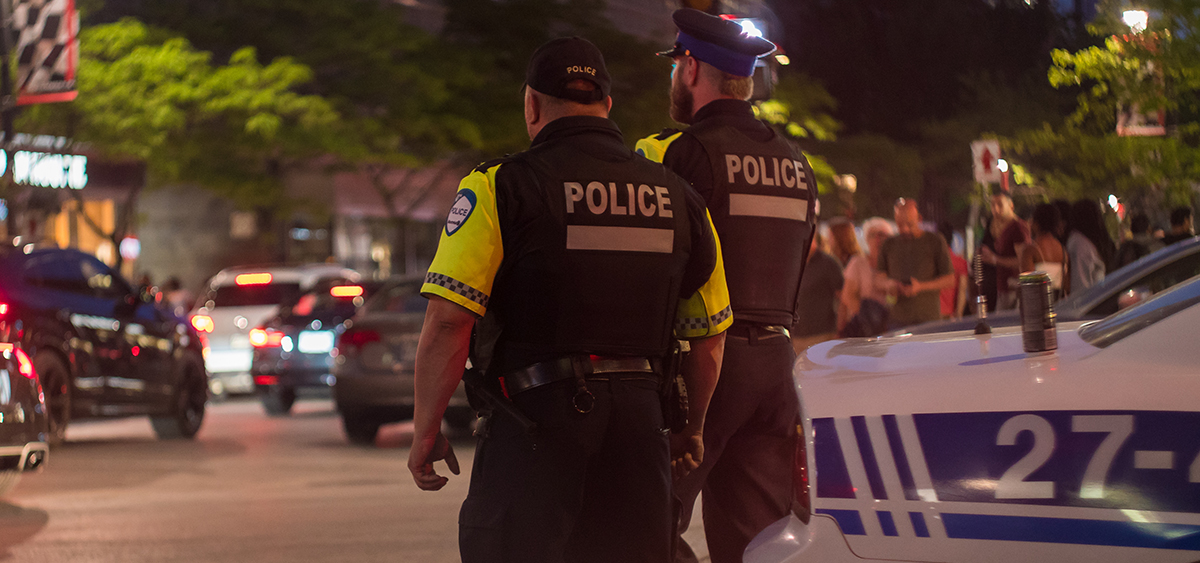Anyone can be questioned by the police. Do you have to answer all their questions? When do you have to give them your name? What happens if you lie?

General Rule: You Do Not Have to Answer the Police’s Questions
The police can ask you questions, whether you are on the street, in a park or elsewhere. But you do not have to answer them.
The police might want to talk or meet with you if you saw something happen or have information about a crime. The decision is yours. You can answer their questions, but you do not have to.
Important! If you are detained or arrested by the police, you have the right to remain silent. Remember that anything you say to the police can be used against you in court.
Three Situations When You Must Identify Yourself
In some situations, you have to identify yourself to the police by giving your name, address and sometimes your date of birth, even if you decide not to answer their questions.
1. You are driving a motor vehicle (including a scooter)
You must show your driver’s licence and your insurance and registration certificates if the police ask for them, even if you did nothing wrong. Passengers do not have to give their names.
2 .The police stopped you because they think you committed a crime
You must give your name to the police if they give you a ticket, for example, for smoking in a restricted area or for being in a park after hours. A public transit inspector is also allowed to ask your name if you have not paid the fare.
The police can also ask for your name if they see you commit a crime or if they have a good reason to believe that you committed a crime.
You have to give them your name, address and sometimes your date of birth. You do not have to show identification.
3. Your description fits the description of someone who has committed a crime
In this situation, the police officers can ask you to identify yourself, after explaining why they need this information.
|
Important! If you refuse to identify yourself in any of these three situations, the police can refuse to let you go until they have made necessary checks. They are also allowed to bring you to the police station. You may be tempted to give a false name to the police or make up a story to hide what really happened. But lying to the police is a crime. If you lie, you could be accused of giving them false information. Instead of lying, use your right to remain silent. |





